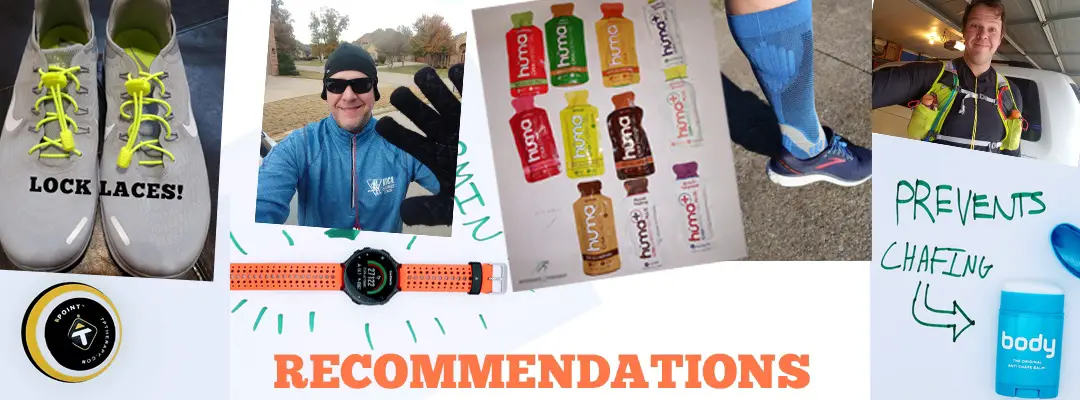Doing both cardio and strength training can help you maximize the health benefits and lose weight faster. However, most people are confused about what to do first, especially if you’ve only got a limited time for exercise. The short answer: it depends on your fitness goals.
In this article, we’ll turn to research and expert tips from professional trainers to answer:
- What happens when you do cardio or weight training first
- The best ways to schedule your cardio and strength training sessions
- How to maximize the benefits of each type of exercise
Does it really matter if I do cardio or weights first?
According to the American Council on Exercise (ACE), the main effect of doing cardio first is that it increases your heart rate, and can potentially level up your exercise intensity from “moderate” to “vigorous.”
For supporters of the “Cardio first” camp, that means your body enters the fat-burning zone. So even if you’re lifting the same weight or number of reps, your metabolism’s revved up to burn more calories.
However, there’s a downside. Cardio will use up energy stores, which can affect your next workout. That’s why ACE says that the best way to decide whether you should do cardio before or after training is to ask the following questions.
Are you looking for answers to commonly asked weight lifting questions? Get your questions answered by a certified personal trainer – Weight Lifting 101 (certified personal trainer approved)!
What are my fitness goals?
- If you want to become stronger or build bigger muscles, do weight lifting first. You’ll have more energy to do a really good workout, and push yourself past a plateau. If you’re already tired after a cardio session, that can affect your form and increase the risk of injury.
- If you want to lose weight and burn fat, it’s still better to do weights first. While cardio will burn more calories per workout, building muscle will increase your metabolism and help reduce the visceral or stubborn fat.
- If you want to increase endurance, then do cardio first. It will train your body for prolonged exercise.
Related: Should You Stretch Before Or After Weight Training?
What kind of weightlifting routine will you do that day?
The decision of whether to do cardio first also depends on the intensity and type of your weights training session.
- If you’re focusing on building lower-body strength, then do weights first. That’s because running, cycling and other cardio routines will heavily engage the leg muscles, and leave you too fatigued or sore to finish a very intense weights routine.
- If you’re focusing on upper-body strength, then do cardio first. Since the cardio and weights routines will be using different muscle groups, then your workout quality won’t be affected. However, doing cardio first will increase your heart rate and potentially increase gains.
- If you’re doing light or general weightlifting routine, you can do either first. Many training sessions that aim to develop the entire body are designed so that you never overstrain a particular muscle group. In that case, you can choose which set or exercise to do first.
Related: Ankle Weights – Do They Really Work?
What kind of cardio exercise do you plan to do?
There are many types of cardio: a light jog or hike on the treadmill, a dance class, kickboxing, or a short but intense HIIT workout.
So, before deciding what to do first, you have to consider exactly the intensity of the cardio routine and its effect on your body.
- A light jog or hike on the treadmill will warm up your muscles and release endorphins, which will help you get in the mood for the rest of your workout. In this case, you can do cardio even before lifting heavy weights.
- A class like a kickboxing or cycling usually lasts an hour and will burn a lot of energy and calories. It’s best to do this after lifting weights or to save it for another day.
- A HIIT exercise is short but increases your heart and breathing rate for a long time after. It will be harder to transition to a weight training session unless you give yourself time to rest.
Related: What Are The Best Cross Training Exercises For Runners?
What should I do to maximize the calorie-burning benefits?
The general consensus is to do weights first to conserve your energy and allow for a better workout. But if your goal is to burn as many calories as you can doing the workout, doing cardio first has a clear advantage.
The cardio increases your heart rate until it reaches the zone where your body converts fat into energy. When you start lifting weights, this “afterburn” continues—and potentially double the calories you shed in your workout.
Related: What Are The Heart Rate Zones For Runners?
But that means striking the right balance between increased heart rate and depleting energy stores. Trainers suggest doing lower intensity cardio but for a longer period of time. For example, lower the treadmill speed, but increase the incline and the duration. Or, do walk-run intervals so your heart rate goes up, but you have periods of rest.
Trainers also say that you get an afterburn effect even when you do weights first. Lifting the weights will already place your body in an aerobic state, which is extended by doing cardio right after. So as long as you reach a certain intensity, your body will start using fat for fuel—regardless of the sequence of the exercise.
What do you enjoy more?
The most effective workout is the one that builds your motivation and focus. So instead of just asking about the benefits for your body, consider what it does for your mind.
If cardio makes you feel pumped and excited, then use it for motivation. Just adjust the intensity of the workout so you still have energy for weights, or give yourself enough time to rest. For example, do a 15-minute dance video instead of a full Zumba class.
The repetitive motion of walking or running on a treadmill can also help you mentally prepare yourself for weight training, especially if you’re having an off day.
Related: Half Marathon Training With Weight Lifting Schedule
Find a workout schedule that works for you
If you find yourself too tired or drained to do both cardio and weights right after the other, then don’t force it. You can try doing weights 3 times a week and then do a cardio session twice a week. Or, you can do weights in the morning, and then go for a jog in the evening.
Workouts are never one-size-fits-all, so the question of whether to do cardio before or after weights training ultimately depends on you: your goals, preferences, fitness levels, and how it makes you feel.
Try it out and see for yourself: do I get better results, do I feel more energized in my workout, and what makes me enjoy exercise more? That’s the best gauge of whether to do cardio or strength training first.
Related: Does Pilates Count As Weight Training?
| Help support me and subscribe to my YouTube channel. YouTube video - 30 ways to make your runs less painful! Coach Scott's Credentials:
|
To sign up for a FREE half marathon training schedule, log sheet, and pace predictor CLICK HERE.

Recommended gear for runners
Connect with me:
| facebook.com/BeginnerToFinisher/ |
